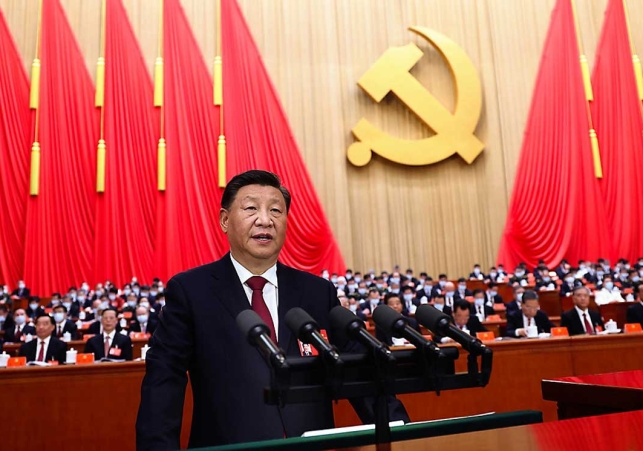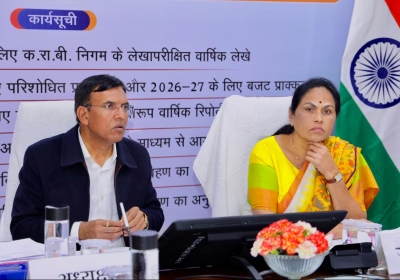
Xi grapples with economic slowdown and population decline, raising global and domestic concerns
President Xi confronts dual challenges: economic slowdown and population decline, sparking concerns globally and nationally
China's economy is currently facing significant challenges, impacting both its citizens and President Xi Jinping's leadership. The country's economic growth has slowed down, and it is grappling with a shrinking and aging population, which poses workforce concerns. The youth unemployment rate has reached concerning levels, leading the government to suspend the publication of relevant data. This contrasts with the optimistic outlook of a younger generation that had experienced economic prosperity in the past.
In 2008, China allowed Xi Jinping to assume leadership, with expectations of transforming the nation into a global economic powerhouse. However, the current economic situation paints a different picture. China's macroeconomic data reflects the challenges it faces, while the younger generation's optimism, shaped by the boom times, has dwindled.
Challenges stemming from the pandemic and real estate sector
China is still grappling with the aftermath of the pandemic's strict lockdowns, and its overheated real estate sector exacerbates the situation. The pandemic has left lasting wounds on the nation's economy, hindering a swift recovery.
ALSO READ: Biden's disappointment and Xi's global diplomacy amid G20 Summit controversy
China's leadership under Xi Jinping has become increasingly authoritarian, exerting control over various aspects of life in the country. This approach is arguably hampering economic growth and fueling pockets of discontent among the population. Ian Johnson, a senior fellow at the Council on Foreign Relations, notes that the pursuit of total control by the government is contributing to slower economic growth and rising dissatisfaction.
Impact on international relations
China's domestic policies are also affecting its relationships with foreign nations. US Commerce Secretary Gina Raimondo's recent visit to China highlighted the prevailing uncertainty, exacerbated by the Chinese government's tough actions against foreign businesses, which has led to concerns among US investors. China's sheer market size is no longer sufficient to attract foreign investment, and even Chinese companies are exploring opportunities to relocate outside the country.
Global public opinion surveys reveal largely negative views of China's influence in international affairs, including in some middle-income countries outside the West. The United States has been strengthening alliances and partnerships with China's neighbors in Asia due to concerns about China's increasingly aggressive behavior.
China's response and challenges
Chinese officials are wary of the perception that their state poses a threat to stability and order, arguing that the United States represents an overbearing hegemon. However, China's actions often contribute to these perceptions. Beijing faces the challenge of reconciling its domestic policies, governance style, and international engagement to navigate a more stable and prosperous future.
ALSO READ: Alabama's Controversial Congressional Map Sparks Legal Battle with National Implications
In summary, China's economic slowdown, demographic challenges, and the impact of the pandemic's aftermath are creating significant internal pressures. President Xi Jinping's leadership and the government's control-oriented approach contribute to these challenges. Additionally, China's international relations are affected by its domestic policies and assertive behavior, which have led to negative perceptions globally. China must address these multifaceted challenges to chart a more positive course for its future.





